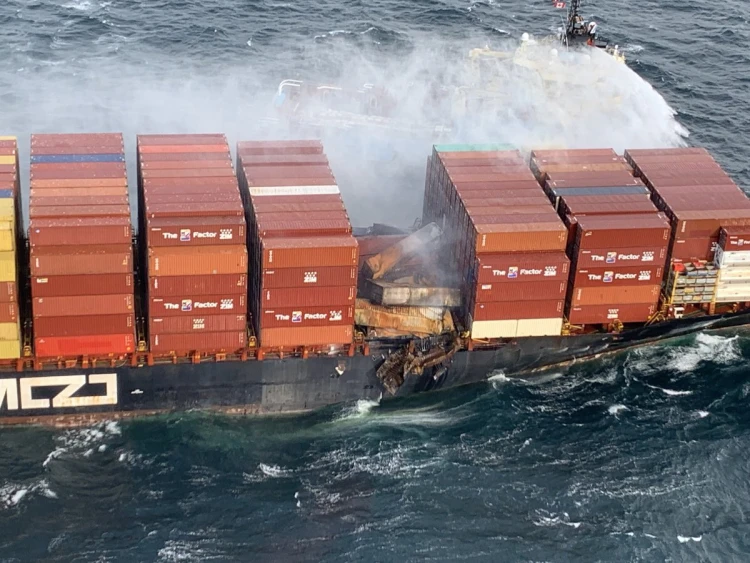DB Schenker uses dogs to sniff out prohibited air cargo shipments
Friday, 20 October 2023

DB Schenker in the UK is using free-running explosive detection dogs to find prohibited items in airfreight shipments.
The dogs trained to screen cargo are from a variety of breeds and chosen specifically for their sense of smell. They include Spaniels and Labradors, German Shepherds and Golden Retrievers.
The highly trained dogs receive between six and twelve months of intensive instruction before they become part of the team and are particularly chosen for their ability to detect explosives.
A new cohort is currently also in training to be able to sniff out lithium batteries. They are operating at Heathrow and Manchester daily and will soon also feature at Glasgow.
“The speed and accuracy of the screening they undertake has become an essential part of our operation and they give us a reliable method of detecting certain items which would otherwise prove difficult using other approaches,” said DB Schenker’s UK aviation security manager, Ian Dallow.
MORE NEWS : MSC Partners with Valencia to Expand Med’s Busiest Container Port
Not only are the dogs used to search regular airfreight shipments, but their keen sense of smell means they can be used to check out outsize shipments which have been tendered as airfreight but are too large to pass through an X-Ray machine.
The dogs can discover anything untoward in such a shipment much faster than a manual search by humans and this ability to expedite the screening process ensures swift and efficient movement of customer goods.
DB Schenker personnel at its multimodal locations around the country are involved in preparing freight for screening and ensuring the screening activities are carried out in accordance with strict regulations, so the use of dogs provides a highly effective additional screening method.
The dogs look for prohibited items, for example, a part of an explosive device. There are different rules for cargo and passenger aircraft so it is important to be fully conversant with all rules which apply to each aircraft type.
A knife in a cargo shipment may not be dangerous, but may be prohibited in baggage.
“We’re looking to prevent any prohibited articles getting onto an aircraft and to prevent unlawful interference with civil aviation,” added Dallow.
Source : www.aircargonews.net

06 January 2025
Hurricane Beryl trims cargo volumes in Houston and New Orleans

25 January 2025
Container freight rates tumble

08 February 2025

